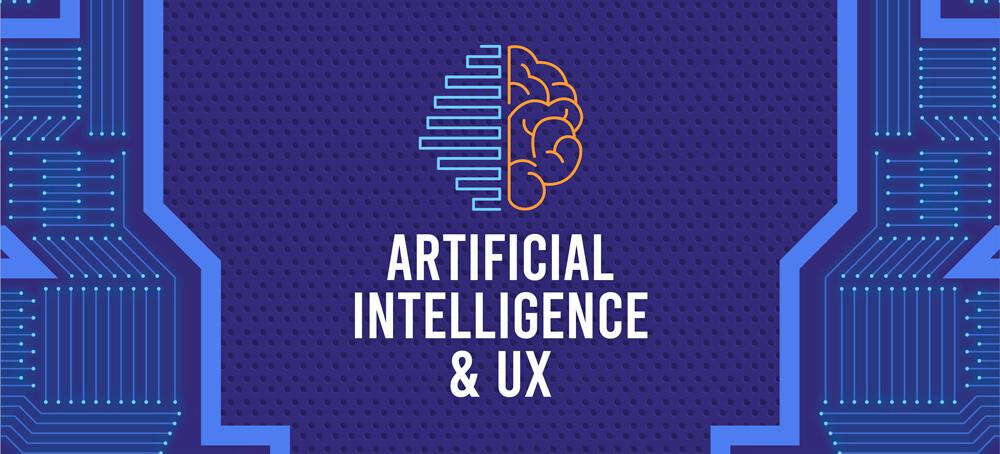

How Technology is Transforming Business Operations
The world of business is undergoing a significant transformation, and technology is at the forefront of this change. The rapid advancement of digital technologies has revolutionized the way businesses operate, making them more efficient, productive, and profitable. From automation to artificial intelligence, technology is transforming every aspect of business operations, including customer service, marketing, sales, and more.
Automation: The Key to Efficiency
One of the primary ways technology is transforming business operations is through automation. Automation refers to the use of technology to perform tasks that were previously done by humans. This can include everything from data entry to customer service, freeing up employees to focus on higher-level tasks that require creativity, problem-solving, and innovation.
Automation is particularly useful in industries where repetitive tasks are common, such as manufacturing, finance, and logistics. By automating these tasks, businesses can reduce the risk of human error, increase productivity, and lower costs. For example, a company can use automation to manage its inventory, track orders, and ship products, reducing the need for manual intervention and minimizing the risk of errors.
Artificial Intelligence: The Future of Customer Service
Artificial intelligence (AI) is another area where technology is transforming business operations. AI refers to the use of machines to perform tasks that typically require human intelligence, such as understanding language, recognizing patterns, and making decisions.
In customer service, AI is being used to power chatbots, virtual assistants, and other automated systems that can provide 24/7 support to customers. These systems can answer common questions, resolve simple issues, and even provide personalized recommendations to customers. This not only improves the customer experience but also reduces the workload of human customer service representatives, allowing them to focus on more complex issues.
Cloud Computing: The Cloudification of Business Operations
Cloud computing is another area where technology is transforming business operations. Cloud computing refers to the use of remote servers and storage systems to store, manage, and process data. This allows businesses to access their data and applications from anywhere, at any time, and on any device.
Cloud computing has numerous benefits for businesses, including increased flexibility, scalability, and cost savings. With cloud computing, businesses can scale up or down as needed, without the need for expensive hardware or software upgrades. They can also reduce their IT costs, as they no longer need to maintain and upgrade their own servers and systems.
Big Data Analytics: The Key to Insight
Big data analytics is another area where technology is transforming business operations. Big data analytics refers to the use of advanced software and algorithms to analyze large amounts of data, often in real-time. This allows businesses to gain insights into customer behavior, market trends, and operational efficiency.
With big data analytics, businesses can identify areas of improvement, optimize their operations, and make data-driven decisions. They can also predict customer behavior, identify new markets, and develop targeted marketing campaigns.
Cybersecurity: The Need for Protection
As businesses increasingly rely on technology, they also face new cybersecurity threats. Cybersecurity refers to the practice of protecting computer systems, networks, and data from unauthorized access, use, disclosure, disruption, modification, or destruction.
Cybersecurity is critical for businesses, as a single breach can result in significant financial losses, reputational damage, and legal liabilities. To protect themselves, businesses must invest in advanced cybersecurity measures, such as firewalls, intrusion detection systems, and encryption.
The Internet of Things: The Connected Workplace
The Internet of Things (IoT) is another area where technology is transforming business operations. IoT refers to the network of physical devices, vehicles, home appliances, and other items embedded with sensors, software, and connectivity, allowing them to connect and exchange data with other devices and systems.
In the workplace, IoT is being used to create a connected environment, where devices and systems can communicate with each other to improve efficiency, productivity, and safety. For example, a company can use IoT sensors to monitor temperature, humidity, and lighting levels in its offices, and adjust them automatically to create a comfortable and productive work environment.
Virtual and Augmented Reality: The Future of Training and Productivity
Virtual and augmented reality (VR/AR) is another area where technology is transforming business operations. VR/AR refers to the use of computer-generated simulations to create immersive experiences that simulate real-world environments.
In business, VR/AR is being used to revolutionize training and productivity. For example, companies can use VR/AR to simulate real-world environments, allowing employees to practice and train in a safe and controlled environment. This can be particularly useful in industries such as healthcare, aviation, and manufacturing, where simulations can be used to train employees in emergency procedures, equipment operation, and other critical skills.
The Future of Work: The Rise of the Gig Economy
Finally, technology is transforming business operations by creating new opportunities for flexible work arrangements. The gig economy, which refers to the phenomenon of short-term, flexible work arrangements, is on the rise.
With the rise of the gig economy, businesses can now tap into a global pool of talent, hiring freelancers and contractors to complete specific projects or tasks. This allows businesses to access specialized skills and expertise, while also reducing labor costs and increasing flexibility.
Conclusion
In conclusion, technology is transforming business operations in numerous ways, from automation to artificial intelligence, cloud computing to big data analytics, cybersecurity to IoT, and virtual and augmented reality to the gig economy. As technology continues to evolve, businesses must adapt and innovate to stay ahead of the curve.
By embracing these technologies, businesses can improve efficiency, productivity, and profitability, while also enhancing the customer experience and staying competitive in an increasingly digital world. Whether it’s automating repetitive tasks, analyzing big data, or training employees with VR/AR, technology has the power to transform business operations and drive success in the digital age.




